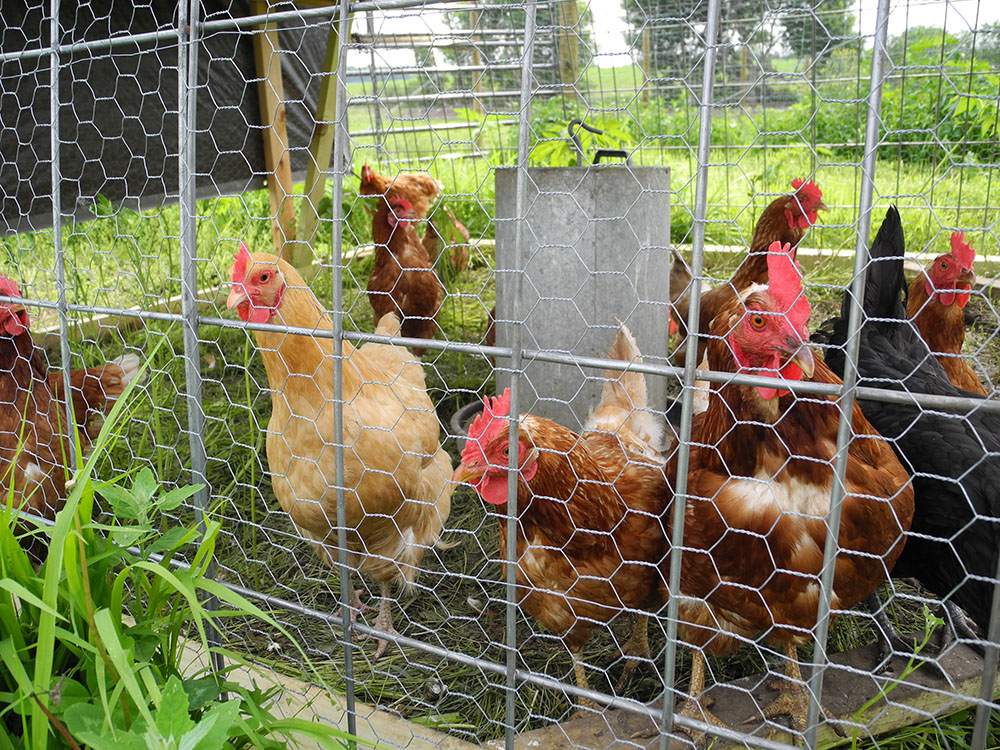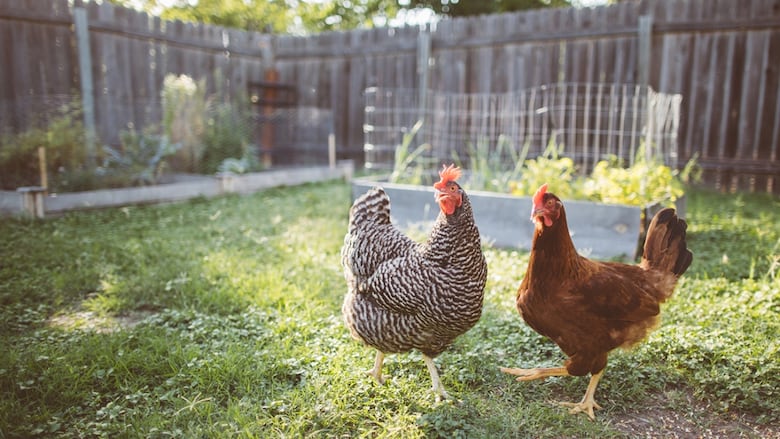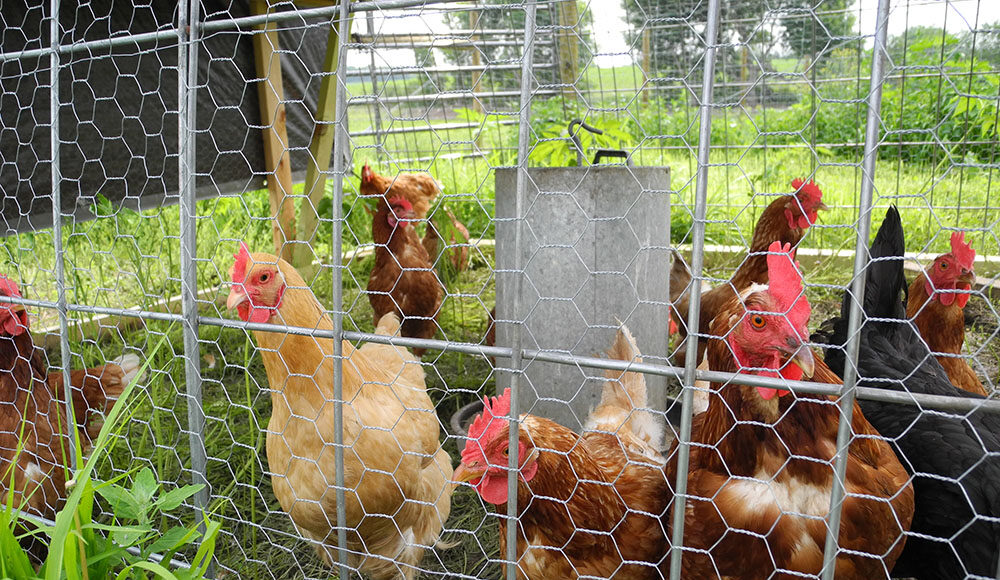For those who adore their feathered friends and relish the farm-to-table experience, understanding how to handle dirty eggs is a crucial part of ensuring both safe consumption and a healthy flock. Whether you’re a seasoned chicken keeper or just beginning your journey into backyard farming, learning these essential practices will help safeguard the eggs you collect, ensuring both cleanliness and quality.

Why Are Eggs Dirty?
Before you learn to clean them efficiently, its essential to know why eggs get dirty in the first place. Often, the state of your coop and nest boxes play a major role. Hens with access to outdoor foraging may track in dirt, and inadequate coop maintenance can result in excessive egg soil. For comprehensive tips on maintaining a healthy flock, visit daily chicken care.
Assessing Egg Condition
When collecting eggs, it’s important to assess their condition. Gently examine each egg for cracks, smudges, or debris. Avoid washing them immediately unless necessary, as this can remove the egg’s protective bloom. For more insights into egg conditions, you might want to check our guide on healthy laying hens.
To Wash or Not to Wash?
This is a classic debate among chicken enthusiasts. While washing can eliminate visible dirt, it can also strip the egg of its natural coating. This coating acts as a barrier against bacteria. Hence, only wash eggs right before use.
When to Wash Eggs
If an egg is particularly dirty, you may choose to clean it. Use warm waterwarmer than the egg itselfto prevent bacteria from being pulled into the interior. Never soak your eggs.
Proper Egg Washing Techniques
For those moments when washing is inevitable, here’s a simple rundown: gently rinse the dirty eggs under warm, running water. Use a clean cloth or sponge to remove dirt without scrubbing too hard.
Storing Eggs Safely
Once cleaned, ensure your eggs dry thoroughly before storage. Always store eggs with the pointed end down to keep the yolk centered. Learn more about proper storage in our chicken egg guide.
Maintaining a Clean Coop
A clean coop is fundamental in preventing dirty eggs. Regular cleaning and providing fresh bedding are essential. Make sure nest boxes are elevated and dry to minimize contamination. Adequate maintenance can also ensure your hens keep laying. Discover more by visiting ours on chicken laying.
DIY Egg Cleaning Solutions
Creating your own cleaning solution is simple. Mix vinegar with water for a quick egg rinse. This natural solution helps disinfect the surface without harsh chemicals, making it a safe choice for your eggs.
Interesting Egg Facts
A backyard egg contains essential nutrients like proteins and vitamins, making them both delicious and nutritious. To explore these nutritional benefits further, consider visiting egg nutrition.
Understanding the Egg Bloom
The egg bloom is the outer protective coating. This natural shield prevents bacteria from entering the eggshell. Thus, disrupting it by washing should be avoided unless eating immediately.
Hygiene Practices for Egg Collection
Always wash your hands before and after handling eggs to prevent cross-contamination. Regular hand washing helps in maintaining both your and your familys health.
Eco-Friendly Egg Handling
Try using biodegradable cleaning materials or repurposing old cloths for egg handling. This approach not only reduces waste but also ensures a green lifestyle.
Fun with Egg Arts and Crafts
After learning how to handle them correctly, enjoy decorating eggs. With safe practices in mind, you can combine creativity with sustainability for a memorable family activity.
Conclusion
Understanding how to handle dirty eggs is a vital skill for anyone with their poultry flock. Implementing these techniques will not only ensure a safe and plentiful supply of eggs but also enhance the well-being of your chickens. As a chicken lover, finding joy and fulfillment in these everyday tasks enriches your life and your feathered companions. For more chicken-related adventures, head over to on hybrid vs. heritage.

FAQs
Can I eat eggs that arent washed?
Yes, you can. Eggs have a natural protective coating called the bloom that prevents bacteria from entering. As long as they’re stored correctly, they’re safe to eat unwashed.
What happens if I wash eggs in cold water?
Using cold water can cause bacteria to be drawn into the egg through the pores. It’s better to use warm water, as it helps protect the eggs interior.
How often should I collect eggs?
Ideally, collect eggs daily to prevent them from becoming overly dirty or cracked. Frequent collection also discourages egg eating among hens.
This article contains affiliate links. We may earn a commission at no extra cost to you.










